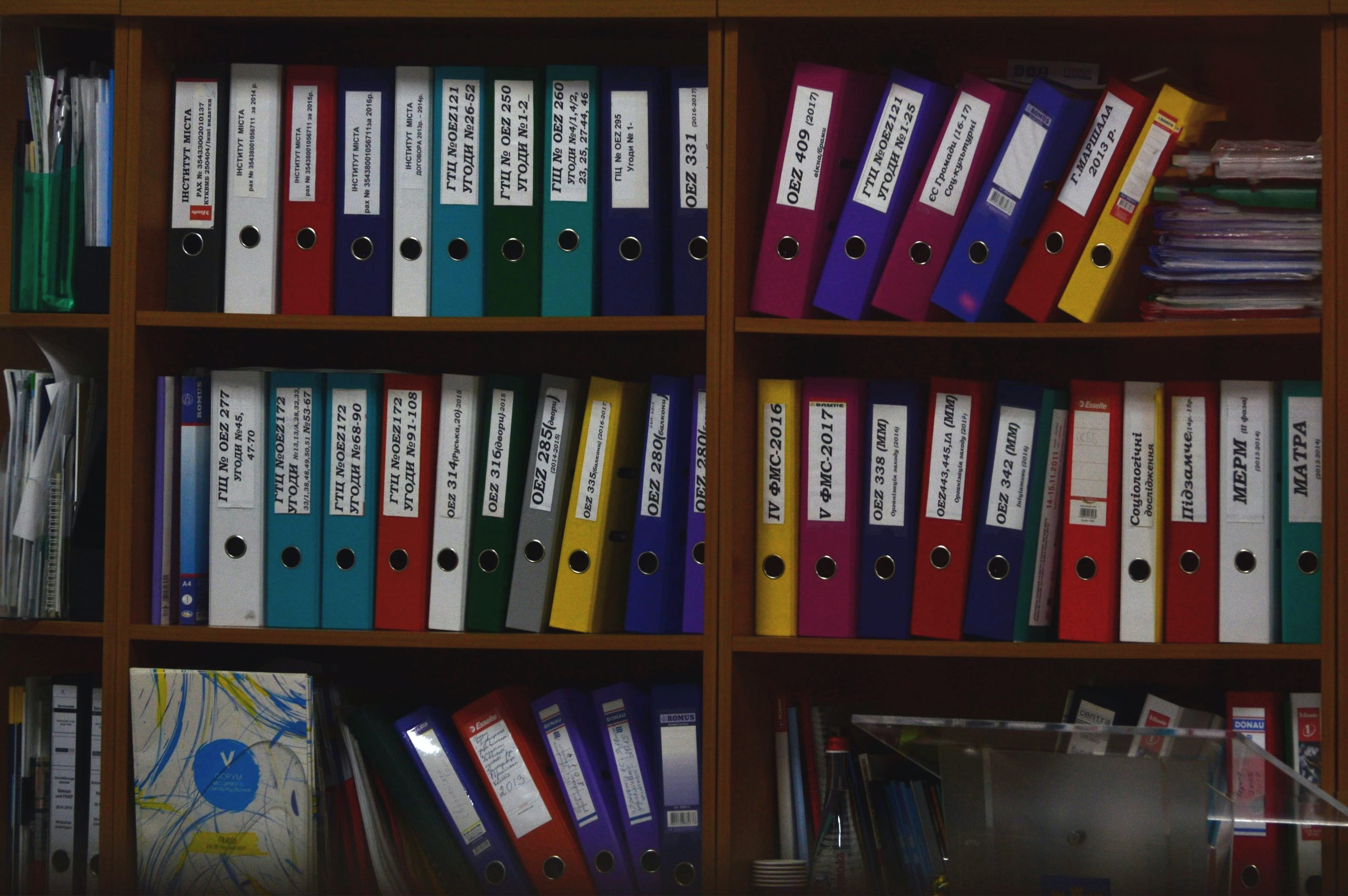Credit Suisse, one of the world’s largest financial institutions, has been under fire recently due to allegations of its involvement in Holocaust-era insurance claims. Senators have criticized the bank for not doing enough to address these claims and failing to compensate those who were affected. This has put a dent in Credit Suisse’s reputation as a trusted financial institution. In this blog post, we’ll delve deeper into the history of Credit Suisse and its connection to the Holocaust, explore the senators’ criticisms, examine how it affects their reputation and what they’re doing to make amends. Read on to find out more!
Credit Suisse’s history
Founded in 1856, Credit Suisse has a long history of providing financial services to individuals and businesses worldwide. The bank’s headquarters are located in Zurich, Switzerland, but it has a global presence with operations in over 50 countries.
Over the years, Credit Suisse has undergone significant changes and transformations to adapt to changing market conditions. In the early 2000s, it became one of the first foreign banks to enter China as part of its expansion efforts.
Credit Suisse is also known for its involvement in several high-profile mergers and acquisitions deals. Its acquisition of Donaldson Lufkin & Jenrette (DLJ) made it one of the largest investment banks on Wall Street at the time.
Today, Credit Suisse offers a wide range of financial products and services such as wealth management, investment banking, asset management and more. It prides itself on being at the forefront of digital innovation by leveraging technology to provide efficient solutions that meet customers’ needs.
The bank’s involvement in the Holocaust
During the Holocaust, Credit Suisse played a controversial role in handling assets belonging to Jewish clients. The bank was accused of prolonging and complicating the process of returning these assets to their rightful owners after the war have ended.
One particular case involved a wealthy Dutch-Jewish family whose holdings were taken over by the Nazis during World War II. After the war, Credit Suisse refused to release these funds without extensive documentation, despite knowing that such documents had been lost or destroyed during the conflict.
The bank’s behavior drew widespread criticism, with many accusing it of profiting from Jewish suffering. In 1998, Credit Suisse eventually settled for $1.25 billion dollars in damages and established a memorial fund for Holocaust victims.
Despite this settlement however, some critics argue that Credit Suisse has not done enough to fully acknowledge its role in facilitating Nazi looting during WWII. The recent criticisms leveled against them by U.
S Senators demonstrate that this issue still resonates today and highlights how much work they still need to do if they are going to repair their reputation on this matter.
Senators’ criticism of the bank
Credit Suisse’s reputation has taken a hit as senators criticize the bank over Holocaust claims. The bank’s involvement in Nazi Germany and its questionable actions during World War II have long been a topic of controversy. Now, Credit Suisse is once again under fire for allegedly helping to hide assets from Jewish clients who lost their lives during the Holocaust.
In response to these allegations, several U.
S. Senators have spoken out against Credit Suisse, calling on the bank to take responsibility for its past actions and provide reparations to those affected by their wrongdoing. Senator Jack Reed of Rhode Island stated that “Credit Suisse must be held accountable for its role in this dark period of history.”
Other lawmakers echoed similar sentiments, with many criticizing the bank’s lack of transparency and accountability regarding its dealings with Nazi Germany. Senator Bob Casey of Pennsylvania called on Credit Suisse to “come clean about what they knew and when they knew it” in regards to their ties with the Third Reich.
The senators’ criticism highlights not only Credit Suisse’s troubled past but also raises questions about whether other financial institutions may have played a role in aiding Nazi war crimes during WWII. It serves as a reminder that companies must be held accountable for any unethical or immoral actions they may have taken in order to restore public trust.
As pressure mounts on Credit Suisse following these criticisms, it remains unclear how the bank will respond or repair its damaged reputation moving forward.
The impact of the senators’ criticism on Credit Suisse’s reputation
The recent criticism of Credit Suisse by US Senators has had a significant impact on the bank’s reputation. The senators have accused the bank of dragging its feet in compensating Holocaust survivors and their families, which has been seen as insensitive and callous.
The accusations are not new, but they have gained more attention recently due to increased scrutiny on corporate responsibility. As a result, many people are now questioning whether they should continue doing business with Credit Suisse.
The bank’s response to the criticism has been mixed. On one hand, it has acknowledged that it made mistakes in handling Holocaust claims and promised to do better going forward. On the other hand, it has also defended its actions and insisted that it acted appropriately given the circumstances.
However, these responses may not be enough to repair the damage done to Credit Suisse’s reputation. Many people believe that the bank needs to take more concrete steps towards addressing past wrongs if it wants to regain trust from both customers and investors.
There is no doubt that this criticism will have long-lasting effects on Credit Suisse’s standing in society. It remains to be seen whether or not the company can successfully navigate these challenges going forward.
What Credit Suisse is doing to try to repair its reputation
Credit Suisse is taking several steps to try and repair its reputation after the criticism from the senators. One of these steps is to issue a public apology for its involvement in the Holocaust. The bank has acknowledged that it failed to live up to its responsibility during this period, and has taken full ownership of its role.
Another action being taken by Credit Suisse is an independent review of their business practices during this time frame. This review will be conducted by an external expert who will look into all aspects of their operations with regards to Holocaust-related accounts.
In addition, Credit Suisse has also established a $250 million humanitarian fund aimed at benefiting Holocaust survivors and their families. This commitment demonstrates the bank’s recognition of the severity of its actions, as well as a genuine desire to make amends.
Credit Suisse is working on improving transparency within their organization through better communication with stakeholders and implementing stronger ethical standards across all levels of management.
It remains unclear how successful these efforts will be in repairing Credit Suisse’s reputation following such significant criticisms from powerful political figures. However, they are certainly making strides towards accountability and transparency which may signal positive change for future dealings.
Conclusion
Credit Suisse’s involvement in the Holocaust and subsequent criticism from senators has had a significant impact on its reputation. The bank has been accused of not doing enough to address the issue and failing to provide adequate compensation for victims.
However, Credit Suisse is taking steps towards repairing its image by offering support to Holocaust survivors and their families as well as working with organizations dedicated to preserving memory and educating about the atrocities committed during this dark period of history.
While it may take time for Credit Suisse’s reputation to fully recover from this controversy, the bank’s efforts towards accountability and making amends are a step in the right direction. It serves as a reminder that businesses have a responsibility not only to their shareholders but also to society at large, especially when it comes to issues relating to human rights violations.










